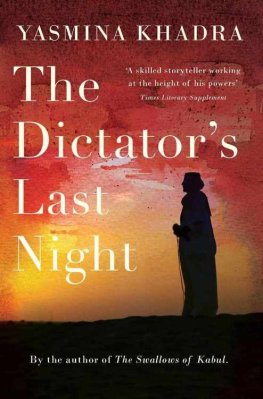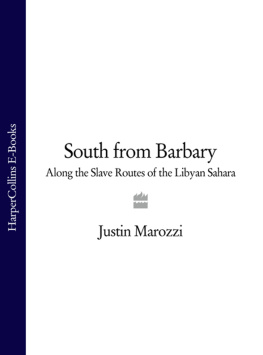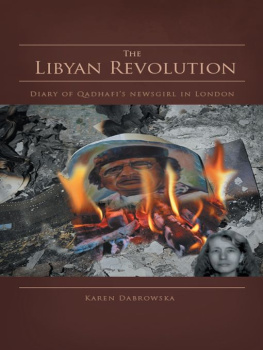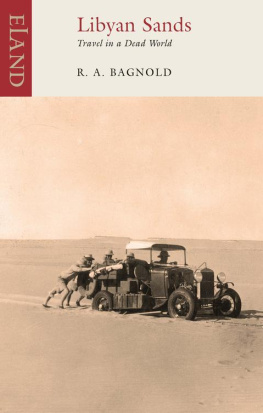Omar Reda - Journey of Hope
Here you can read online Omar Reda - Journey of Hope full text of the book (entire story) in english for free. Download pdf and epub, get meaning, cover and reviews about this ebook. year: 2013, publisher: White Cat Publications, LLC., genre: Politics. Description of the work, (preface) as well as reviews are available. Best literature library LitArk.com created for fans of good reading and offers a wide selection of genres:
Romance novel
Science fiction
Adventure
Detective
Science
History
Home and family
Prose
Art
Politics
Computer
Non-fiction
Religion
Business
Children
Humor
Choose a favorite category and find really read worthwhile books. Enjoy immersion in the world of imagination, feel the emotions of the characters or learn something new for yourself, make an fascinating discovery.

Journey of Hope: summary, description and annotation
We offer to read an annotation, description, summary or preface (depends on what the author of the book "Journey of Hope" wrote himself). If you haven't found the necessary information about the book — write in the comments, we will try to find it.
Journey of Hope — read online for free the complete book (whole text) full work
Below is the text of the book, divided by pages. System saving the place of the last page read, allows you to conveniently read the book "Journey of Hope" online for free, without having to search again every time where you left off. Put a bookmark, and you can go to the page where you finished reading at any time.
Font size:
Interval:
Bookmark:

Omar Reda, M.D.

The author at the Libyan-Egyptian border March 1st 2011, entering Libya after 12 years in exile and forced immigration.
Copyright 2013 Omar Reda, M.D.
Cover art 2013 Scott Wilson
All rights reserved. No part of this publication may be reproduced, stored in a retrieval system or transmitted in any form or by any means, electronic, electrostatic, magnetic tape, photocopying, recording or otherwise, without prior permission of the publisher.
ISBN: 978-0-9846920-1-9
Published by White Cat Publications, LLC.
33080 Industrial Road, Suite 101
Livonia, MI 48150
www.whitecatpublications.com
Cover design by Scott Wilson
Interior design by Scott Wilson
Dedication:
This book is dedicated to my wonderful parents, my amazing wife and my lovely daughters, also to all the volunteers working hard to help those who are suffering, but most importantly to my heroes, the Libyan freedom-fighters who gave me a chance to come back and try to serve and heal my beloved country. Among these heroes are my two cousins Sohail and Seraj Al-Atrash.
Acknowledgements:
Amanda Lubit, DVM, MPH. Recommendations for Peace-Building and Reconciliation after Ethnic Conflict in the Republic of Kosovo. Portland State University, Portland, OR.
Table of Contents
Forward
This is a story about life in Libya before, during, and after the February 17 th 2011 revolution and subsequent war.
It tells of the sacrifices my fellow citizens made to ensure my freedom and safe return to the country I had to flee 12 years prior. It tells of how I lived as a refugee in the United Kingdom then my immigration to the United States trying to build a new life for my wife and three children. It tells about the Libyan revolution and my efforts to help psychosocial recovery and reconciliation in the war-torn country.
While the story is a memoir, it is more than a simple recounting of the events of my life and the Libyan revolution. It gives readers an understanding of the dynamics of Libya that lead to the eventual collapse of the 42 years of dictatorship and the end of one of the most brutal world tyrants, Muammar Gaddafi.
But mostly, it is a story of hope. Despite all the suffering I endured, I emerged from the experience with a strong belief in the importance of healing, recovery, rehabilitation and reconciliation. This theme emerges throughout the book and is a reminder for me and Libyans that resentment and anger only breed continued hostility, violence and bloodshed. It is only through reconciliation that we can ensure peace for our future generations, as well as our physical, emotional, and spiritual health.
I hope that my life is an example to others that you can face dire hardships and extreme evil, yet still heal and move on. I invite you to join me on a journey of hope.
Chronology
1973
1979
1996
1999
2001
2002
2004
2005
2006
2007
2009
2009
2009
February 2011
October 2011
Born in Libya in the city of Benghazi
Lost my sister
Graduated from medical school
Fled Libya to the UK
Met my wife
Immigrated to the USA, Lived in Colorado
My first daughter was born
Started a residency in psychiatry, moved to
Tennessee
My second daughter was born
Finished Harvard Masters program in Global
Mental Health
Finished psychiatry training
My third daughter was born
Moved to Oregon
The Libyan revolution started
The Libyan revolution ended
Chapter 1 The Spark
As I watched in horror,
I was certain that I would lose my entire family.
Looking back to December 2010, I remember my wife standing in front of our sliding glass door, staring at a fountain in the backyard. She had a blank look on her face, but I could tell that she was deep in thought. I called her name several times before she heard my voice and broke out of her trance. When I asked her what she was looking at, she replied calmly but with trepidation in her voice, I dont know; I just feel like our lives are about to change forever, I dont know how, but I cant shake this feeling.
I told her to keep positive thoughts, and we didnt talk much more about her intuition until a few days later when we realized how prophetic her words were. The news of a young man lighting himself on fire in protest of poor treatment from police in Tunisia dominated the air waves and captivated the world. Whether an act of courage, desperation or both, it ignited a revolution in Tunisia that spread throughout the Arab world, eventually knocking on the front door of my home country, Libya.
It was a very quiet Tuesday evening, February the 15th, 2011, when hundreds of Benghazi residents took to the streets protesting the arrest of a prominent human rights activist and attorney earlier that day. I was at Oregon Health & Science University in Portland, Oregon giving a talk on the mental health impact of war and terrorism on that very day without ever suspecting how dramatic that evening would be. The spark of revolution ignited in Tunisia on 12/17/10 that ended the Ben-Ali regimen on 1/14/11 and spread to Egypt on 1/25/11 to topple Mubarak on 2/11/11 had chosen Libya as its next and bloodiest destination, and chose Gaddafi as its next dictator to be removed.
We knew that protests were planned for the 17th of February, but whether or not they would actually happen none of us could say for certain. The fact that they started two days earlier caught everyone off guard except Gaddafi, who was prepared to destroy anyone and anything who stood against him. Gaddafi knew that in order to control the Libyan people he would need to repeat history. Exactly five years earlier, protests in Benghazi were brutally stopped by Gaddafis forces, leading to many deaths. Among them was one of my cousins, who was only fifteen years old.
In light of Gaddafis brutality, were people really going to protest? Were they really going to follow in the footsteps of Tunisia and Egypt? Although we wanted this more than anything, we, like so many others, were worried. We knew Gaddafi and knew what he was capable of.
One by one the streets filled with protestors. Chanting for a better life, freedom, and dignity basic human rights denied to all Libyans for forty-two long years. Peaceful protests grew in number, gaining momentum in many parts of the city.
All seemed to be going well. But everything changed with the terrifying sound of a gunshot. It ripped through the crowd and hit a young man between the eyes, killing him instantly. His lifeless body fell where he had stood, leaving him dead and covered with blood. The crowd broke apart as people ran for cover. The relentless sound of gunfire filled the streets with bullet casings.
The streets were choked with death as government forces and foreign mercenaries made brutal use of anti-aircraft missiles and heavy machinery on unarmed civilians in an attempt to abort the revolution. The violent response of the regime made it very clear that any future promises of reform would come too late and would mean too little or never happen at all.
Gaddafis use of lethal force would not be forgiven this time. Angry Libyans united in common cause and made it their mission to topple Gaddafi and stop his forty-two year reign of terror.
One by one, videos and pictures began to hit YouTube, Twitter, Facebook, and other social media outlets. The images were gruesome, violent and life changing. A sense of disbelief and outrage electrified the world.
Font size:
Interval:
Bookmark:
Similar books «Journey of Hope»
Look at similar books to Journey of Hope. We have selected literature similar in name and meaning in the hope of providing readers with more options to find new, interesting, not yet read works.
Discussion, reviews of the book Journey of Hope and just readers' own opinions. Leave your comments, write what you think about the work, its meaning or the main characters. Specify what exactly you liked and what you didn't like, and why you think so.





